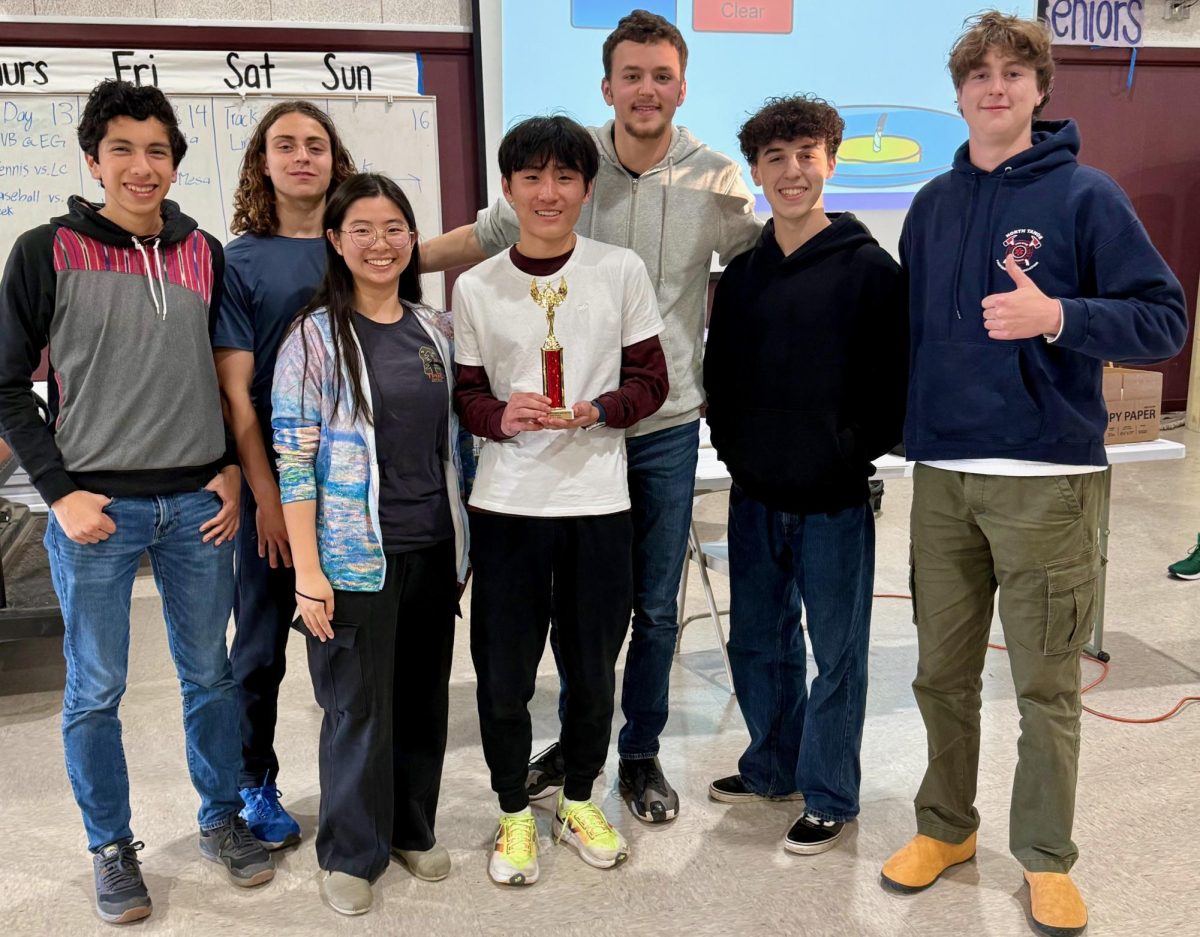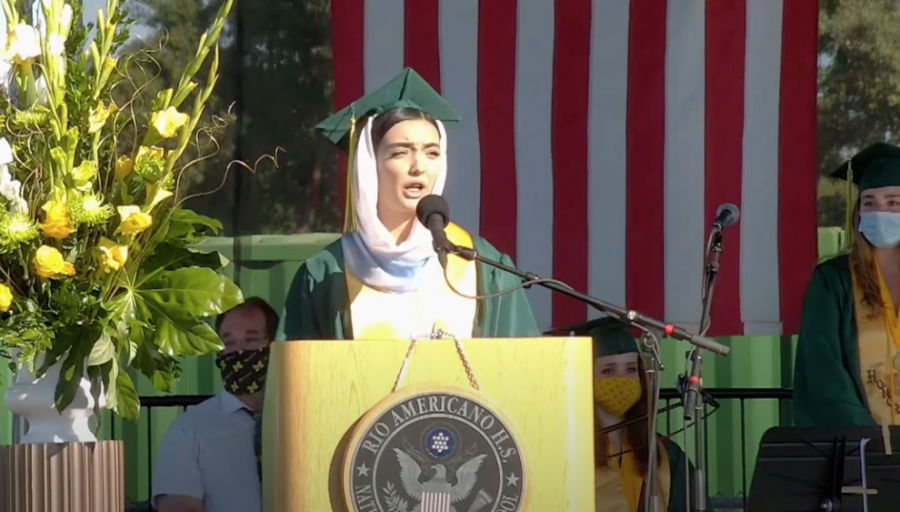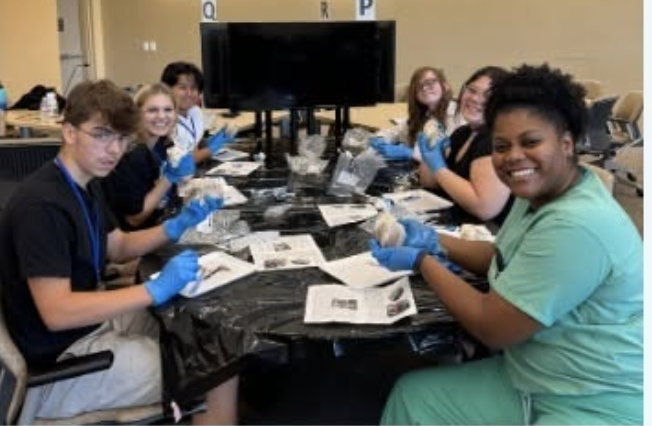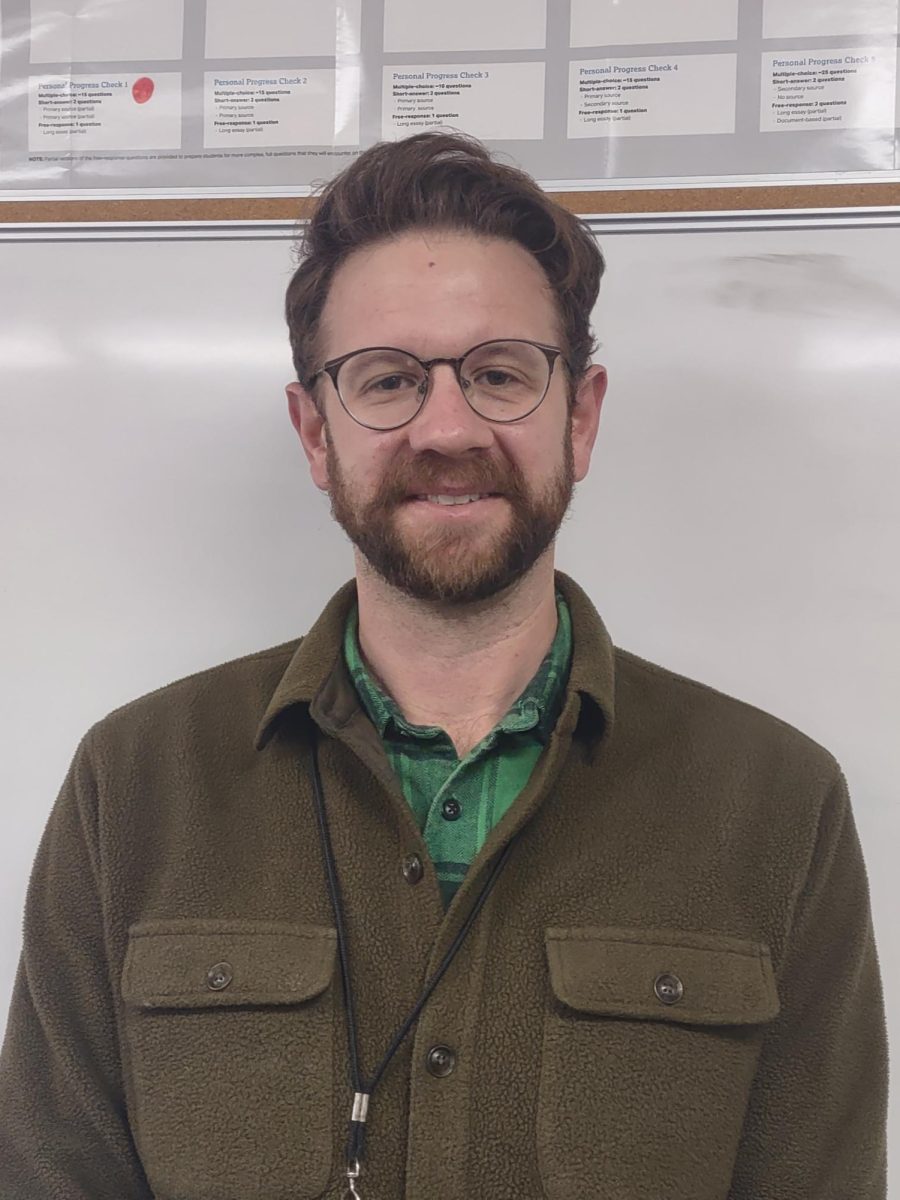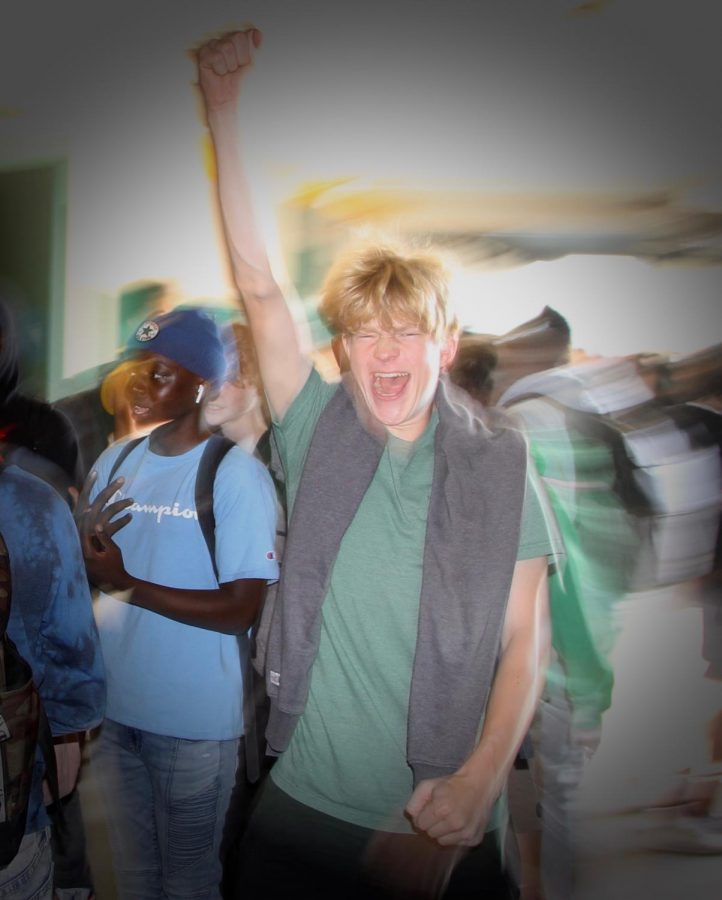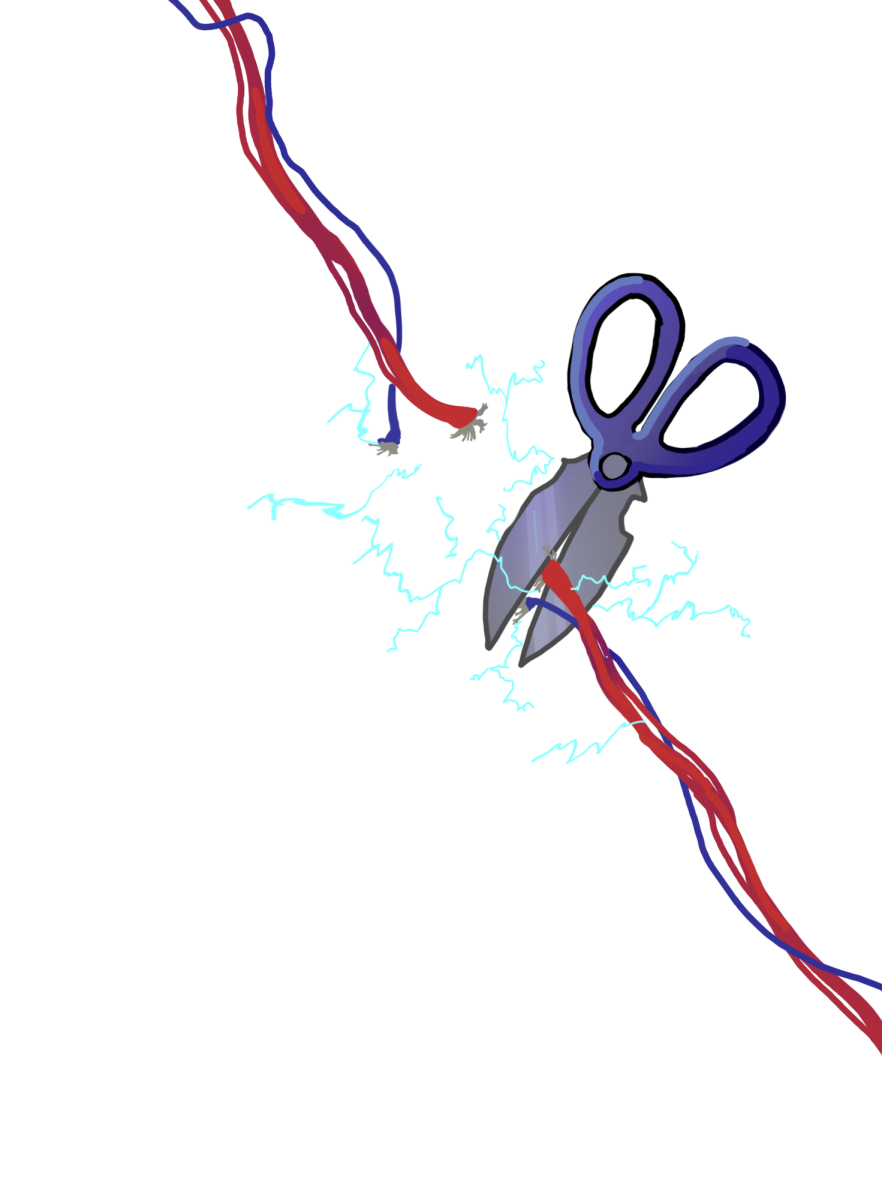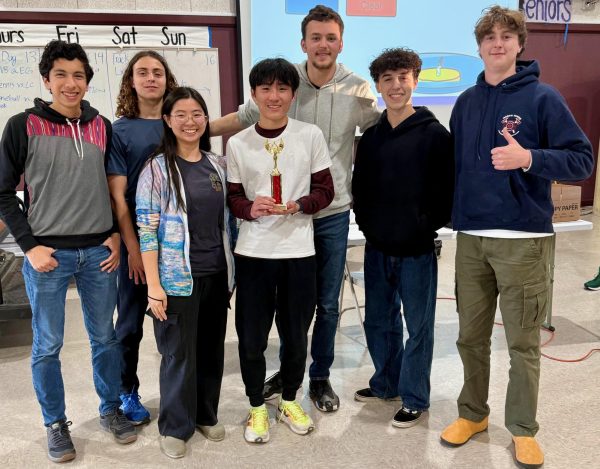College Scandal
The college admission scandal has gripped national audiences and made headlines throughout the country, but William “Rick” Singer, a guest teacher at Rio in the 80s and the ringleader behind the largest criminal act colleges have seen, has local ties.
The scandals unveiled in the past weeks ended with many questions about the future of college admissions. Around 50 individuals were arrested, with two from the Sacramento area. Standardized test administrators, coaches at elite universities and over 30 parents aided Singer in the scams and were a part of those arrested.
Arrested individuals appeared in court last Friday and trials began Wednesday at the U.S. District Court in Boston, with crowds and protestors accumulating in the area. None of the accused pleaded guilty thus far, but when Judge M. Page Kelley clarified their charges and rights, some requested modified bail conditions.
Federal education officials also sent eight universities letters informing them of a preliminary investigation that will search for fraudulent ties within the colleges. These schools included UCLA, Stanford, Yale, Wake Forest, Georgetown, University of Southern California, University of San Diego and University of Texas, Austin.
The crimes consisted of cheating on entrance exams, pretending to be recruited for athletics and bribery. Of the arrested individuals, charges ranged from racketeering and money laundering to conspiracy to defraud the government and obstruction of justice.
Counselor Emily Greene followed all the news reports, like many Sacramento natives, and found the news shocking.
“It makes me sad to hear that that would even be going on,” said Greene. “The whole thing is kind of wild.”
Administrators and coaches weren’t the only ones involved in the cheating scandal. Singer owned the Edge College and Career Network on American River Drive, though his main college preparatory program was known as The Key Worldwide Foundation. His fraudulent business earned him a suspected 25 million dollar total between 2011 and 2018.
The Key acted as a charity that aided underprivileged kids when tax filings from the foundation showed otherwise. Singer sent 337,000 dollars that were supposedly charitable donations to the same address as his own foundation.
Not only did Singer acquire large sums of money, but the prestigious universities were paid, too. USC athletics alone received approximately 550,000 dollars from Singer’s organization.
The scandal raised questions about college admissions, including who students can trust for reliable advice or why the desire to go to a prestigious college so overwhelming.
Greene’s outlook on the topic explained the motivation for such crime. Like many individuals, she began to wonder if college competition has gone to far.
“There’s a lot of pressure with the name of a college,” said Greene. “Just like a name brand, students want to show like ‘Hey I got into this school,’ but at the end of the day it’s where are you going to be comfortable at, and if you even like that school that you’re going to.”
Not only was the scandal concerning news for counselors, but it made students disappointed as well. Sophomore Emma Hutchinson felt upset with the reality of the situation.
“I think that some people paying to get their kids into college is completely unfair to the students who work hard their entire school career to study what they love while others simply pay their way in,” said Hutchinson.
This year, many top universities experienced a large drop in acceptance rates due the mistrust in the process, yet the competition for admission continues to rise. With the increasing stress of attending a top college, some tried to take unfair advantages for a spot.
Most colleges don’t verify extracurricular activities or the information in applications, making lying easier than it may seem. In recent years, many colleges pride themselves upon “holistic evaluations” where grades and standardized test scores aren’t the deciding factor in an application.
This makes verifying an application difficult by trying to fact check everything the applicant included. Bribing a school for admission can be hard to catch because verifying extracurriculars is nearly impossible.
Several admissions deans were interviewed during the cheating scandal and admitted that application fraud is hard to find mainly because the application process is based off of trust.
The increasingly competitiveness of college can make applying stressful and a feeling that attending a top school is necessary to succeed.
“Just be real with yourself. If you apply to one of those prestigious schools that you don’t get into and you still want to go there, it’s okay to start at a community college and transfer over. There’s thousands and thousands of colleges,” said Jensen.


